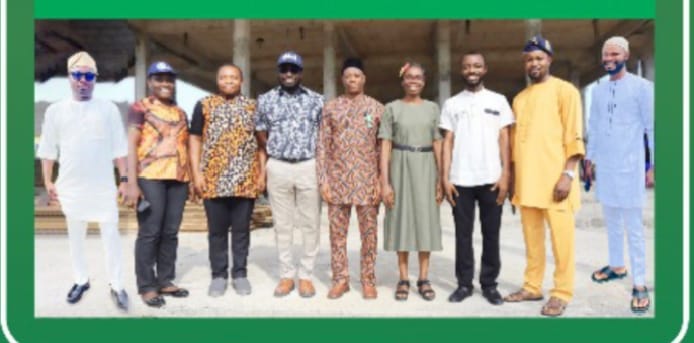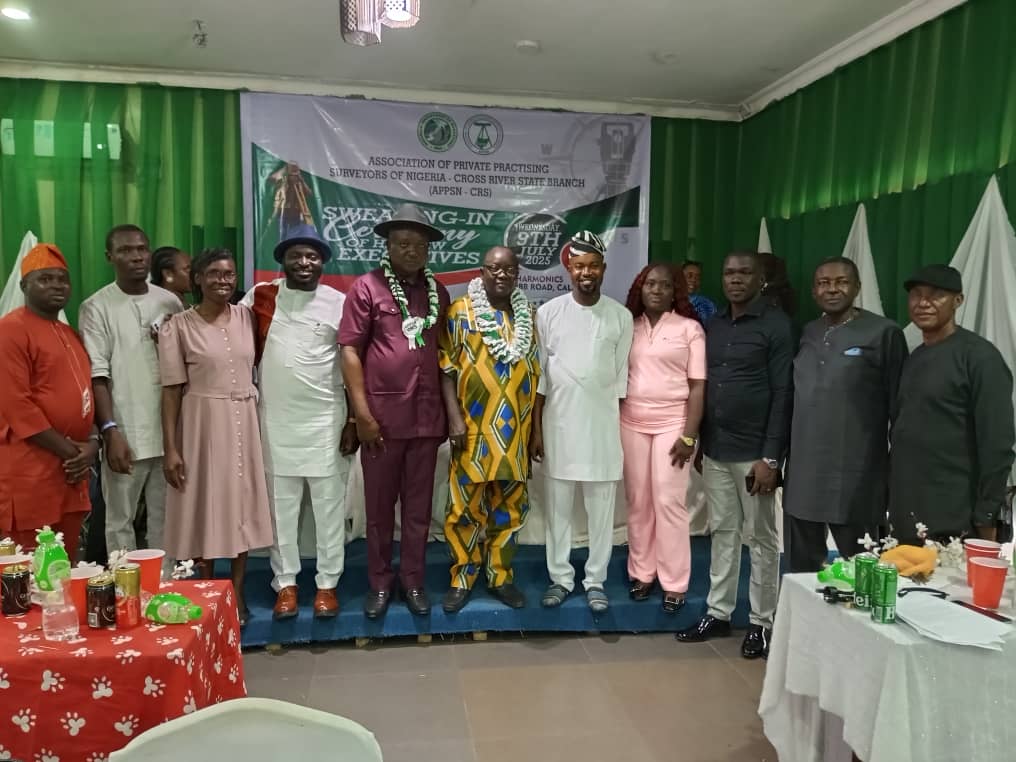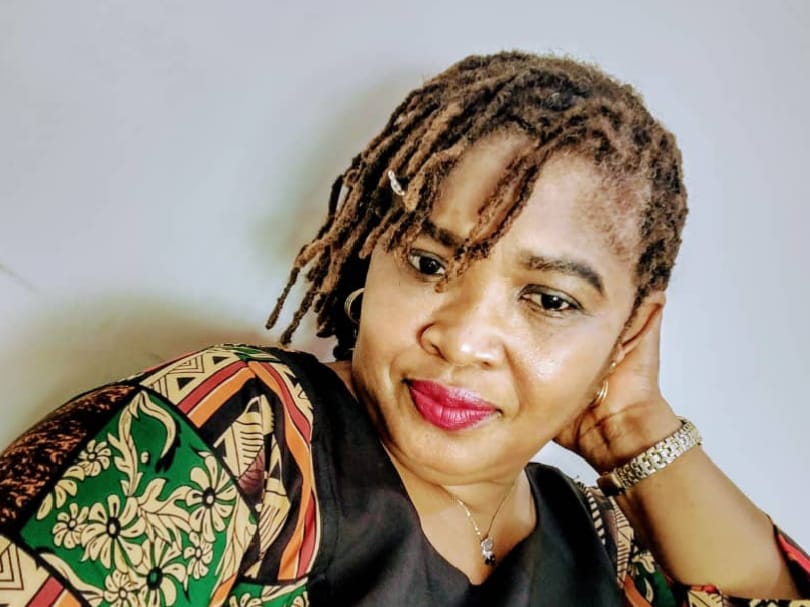UYO (CONVERSEER) – Akwa Ibom State has been ranked second to the last among Nigeria’s 36 states in the Civic Space Operational Index, with a dismal score of 44.5%, raising alarm over the deteriorating environment for civil society operations within the state.
The revelation, presented by Global Rights Nigeria at the 2025 South-South Regional Conference on Improving the Regulatory Environment for CSO Operations in Nigeria, has prompted strong calls for reform.
The conference, held on 19th June in Uyo, brought together stakeholders from across the South-South geopolitical zone to address the growing repression of civic space and the barriers hindering civil society organisations (CSOs).
Organised by the Community of Practice on Civic Space Strengthening, with support from the European Union Delegation to Nigeria and West Africa, the conference was themed “Scaling Policy to Action: Strengthening the Regulatory Environment for Sustainable CSO Operations at the Subnational Level.”
In her welcome address, Miss Abiodun Baiyewu, Executive Director of Global Rights, cautioned against state-led regulations that limit public engagement and democratic participation.
“Regulation must not reflect a lack of trust in civil society. It should be a framework that enhances accountability, participation, and trust,” Baiyewu stated, urging synergy between government and CSOs.
Stakeholders lamented that the civic space in Nigeria—and particularly in Akwa Ibom—has become increasingly repressive. Mr Ken Henshaw, Co-chair of the Community of Practice and Executive Director of We The People, described the national outlook as grim.
“Nigeria scored 34 out of 100 in global civic space rankings, aligning us with nations like Zimbabwe and Mali. From 2015 to 2023, we recorded 69 protest-related deaths, over 250 arrests of peaceful demonstrators, and nearly 2,000 instances of harassment or detention of journalists,” Henshaw said.
He pointed to government interference, inconsistent regulations, and poor funding access as key challenges undermining CSO sustainability, especially in states like Akwa Ibom. However, he acknowledged recent progress in engagement between government and civil society, attributing improvements to EU-supported initiatives.
Rt. Hon. Kufreabasi Edidem, Deputy Speaker of the Akwa Ibom State House of Assembly, who delivered the keynote address, highlighted the crucial role of civil society in sustaining democracy. He called for deliberate legislative reforms at the subnational level to create a more enabling environment for CSO operations.
“We need clearer legal frameworks, harmonised regulations, and inclusive consultations involving law reform commissions and the National Assembly. This must be backed by political will and shared commitment,” Edidem stressed.
Other speakers echoed similar concerns. Omolara Balogun, Country Lead for WASCI Node Nigeria, decried the increasing hostility CSOs face, while urging for more inclusive, bottom-up approaches that reflect the realities at the local level.
The European Union, through its Head of Cooperation, Mr Massmode Luca, reaffirmed its support for CSOs, advocating for harmonised and transparent frameworks that support civic freedom without bureaucratic bottlenecks.
Also lending their voices were Hon. Victor Obuzor, Chair of the House Committee on Civil Society and Development Matters, and Chief Magistrate Ekong Ekong of the Cross River State Judiciary. Both pledged institutional support for reforms aimed at preserving democratic values and protecting citizens’ rights.
Panel sessions offered deeper insight into the structural challenges facing CSOs in Akwa Ibom and the wider region. Speakers such as Dr Benson Olugbuo, Dr Ini Adiakpan, and Confidence Obayuwana criticised restrictive laws under the Corporate Affairs Commission (CAC), dual registration hurdles, and the absence of legal identities that allow CSOs to operate sustainably.
They called for the creation of Community Interest Companies (CICs) and a co-regulatory framework that enables shared responsibility between regulators and CSOs, while remaining contextually relevant to Nigeria’s socio-political environment.
A critical highlight of the conference was the launch of the Civic Space Ranking Dashboard—a monitoring tool developed by the Community of Practice to track the regulatory climate across the country. The tool revealed troubling trends, particularly in Akwa Ibom, where local CSOs face shrinking space, limited government collaboration, and resource constraints.
Despite these challenges, speakers agreed that sustained multi-stakeholder dialogue and locally-driven solutions are key to reversing the current trajectory and ensuring that civil society continues to serve as a pillar of democratic governance in Akwa Ibom and beyond.





